The construction of Gibe III hydroelectric dam, which is located 470 km south west of Addis Ababa, has been fully completed and its inauguration is scheduled for next Saturday.
The construction of the dam consumed EUR 1.5 billion, according to Engineer Azeb Asnak, Chief Executive Officer (CEO) of the Ethiopian Electric Power (EEP). About 40 percent of the total construction cost was covered by the government of Ethiopia. The remaining 60 percent was covered by a loan obtained from the China Exim Bank.
The construction of the dam was carried out by the Italian Salini Construction Private Ltd., a company which is also currently building the Grand Ethiopian Renaissance Dam (GERD).
With a height of 243 meters, 610 meters of length and with total storage capacity of 15 billion cubic meters, the dam has total installed capacity of 1,870 megawatts. It has 10 Francis turbines each generating 187 megawatts. The dam has already started generating 900 megawatts ahead of its inauguration, thus filling the gap created in the supply of power due to the impact of the El Niño induced drought on other power dams, according to Azeb.
Engineer Mebratu Teshome, Project Site Coordinator of the dam said that Ethiopians have acquired knowledge and experiences which will allow them to build similar projects in the future as several international contractors and designers took part in the construction of the dam.
The Gibe III is the third hydro power plant which was built on Omo River. Gibe I and II, which were built on the same river, are currently generating 184 megawatts and 420 megawatts, respectively. Upon going fully operational, Gibe III will raise the country’s installed generating capacity to 4,200 megawatts.
Source: MFA Ethiopia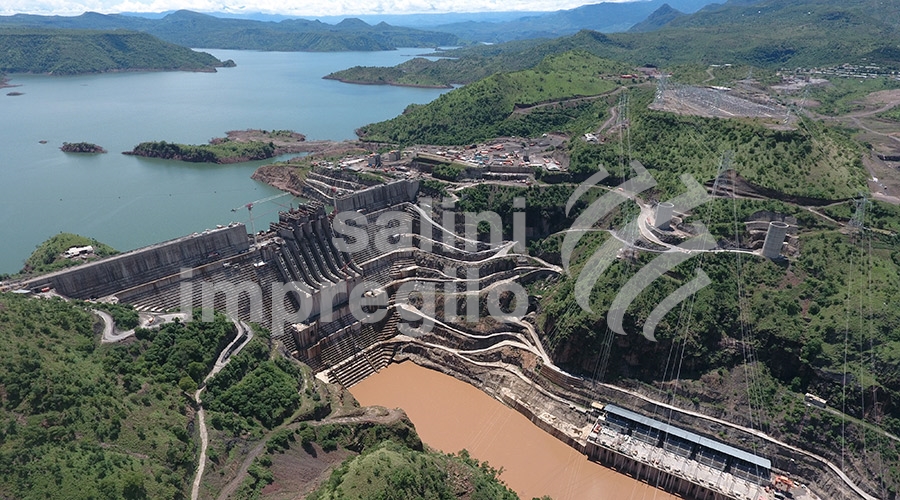
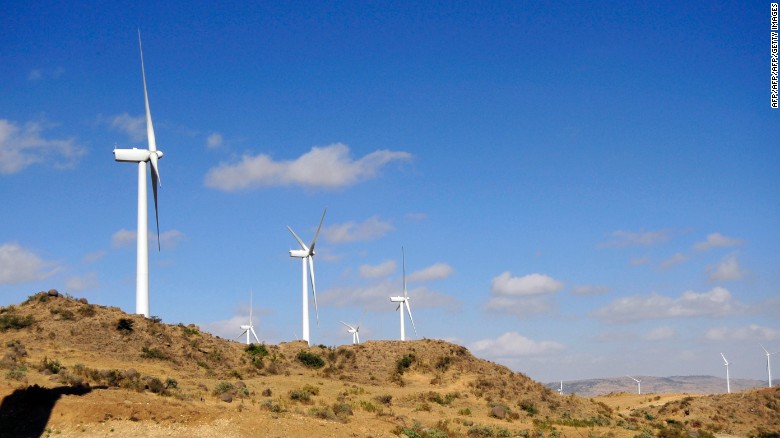 After a decade of rapid growth, Ethiopia’s bubble is not bursting.
After a decade of rapid growth, Ethiopia’s bubble is not bursting.
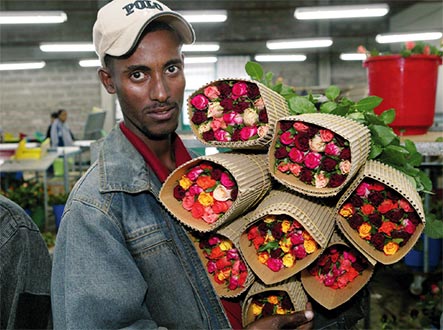
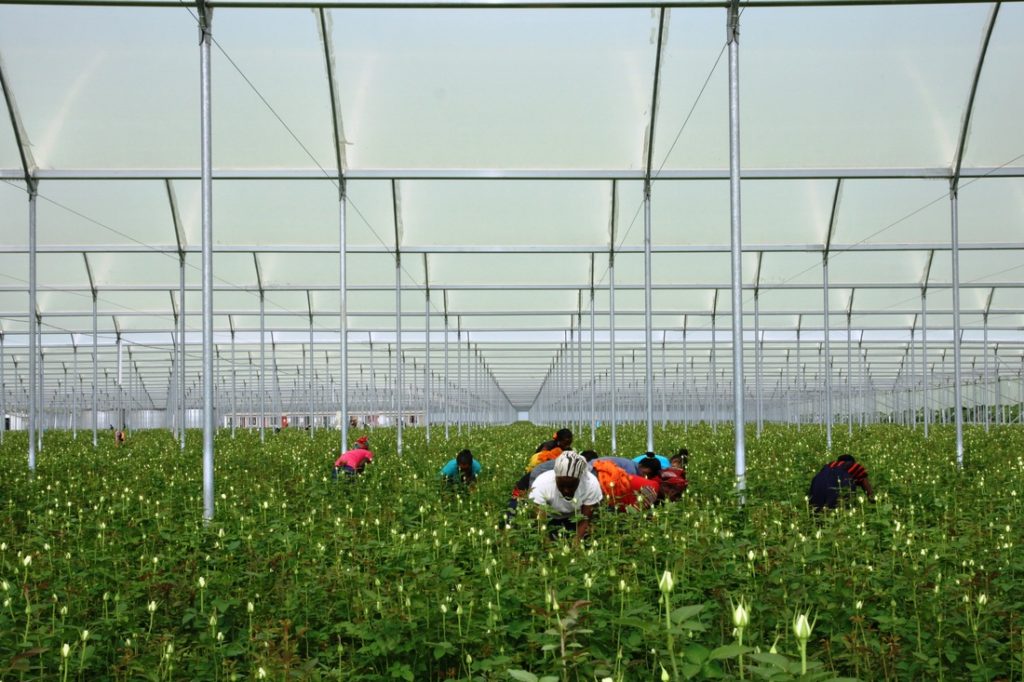

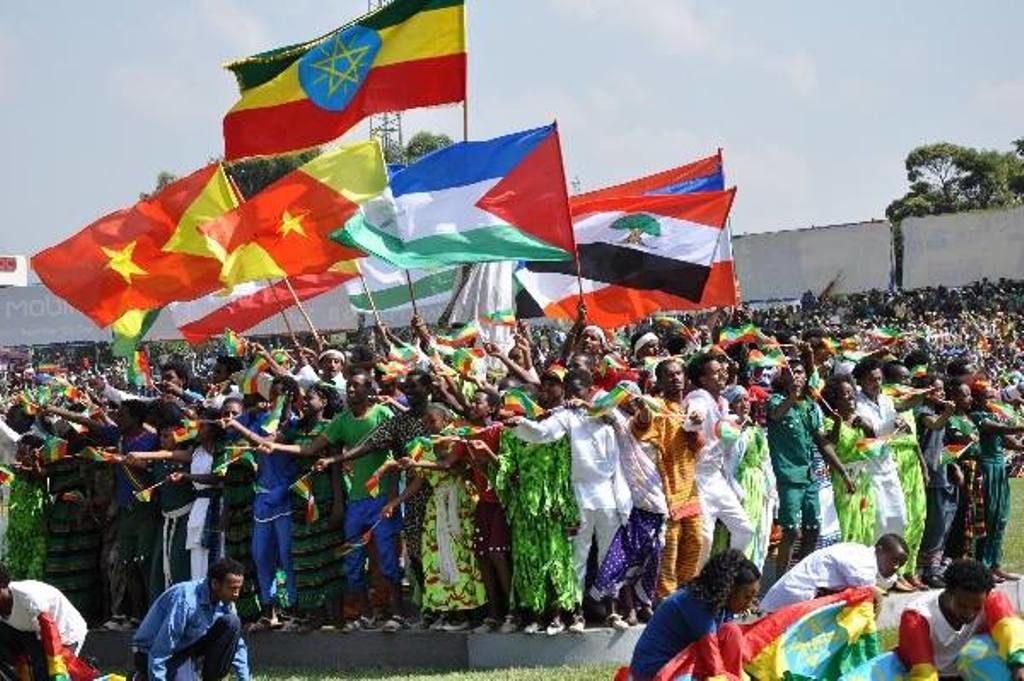
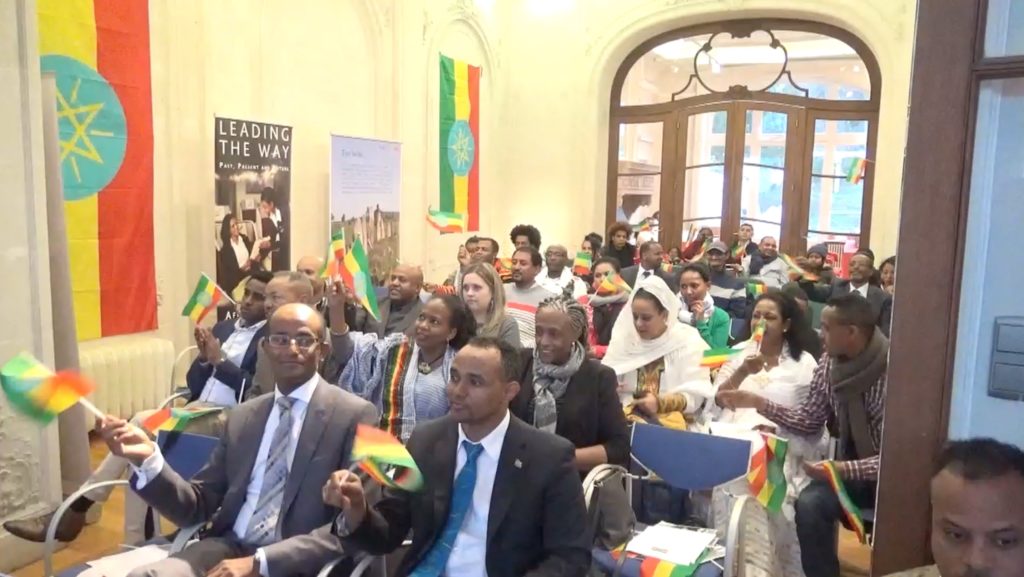
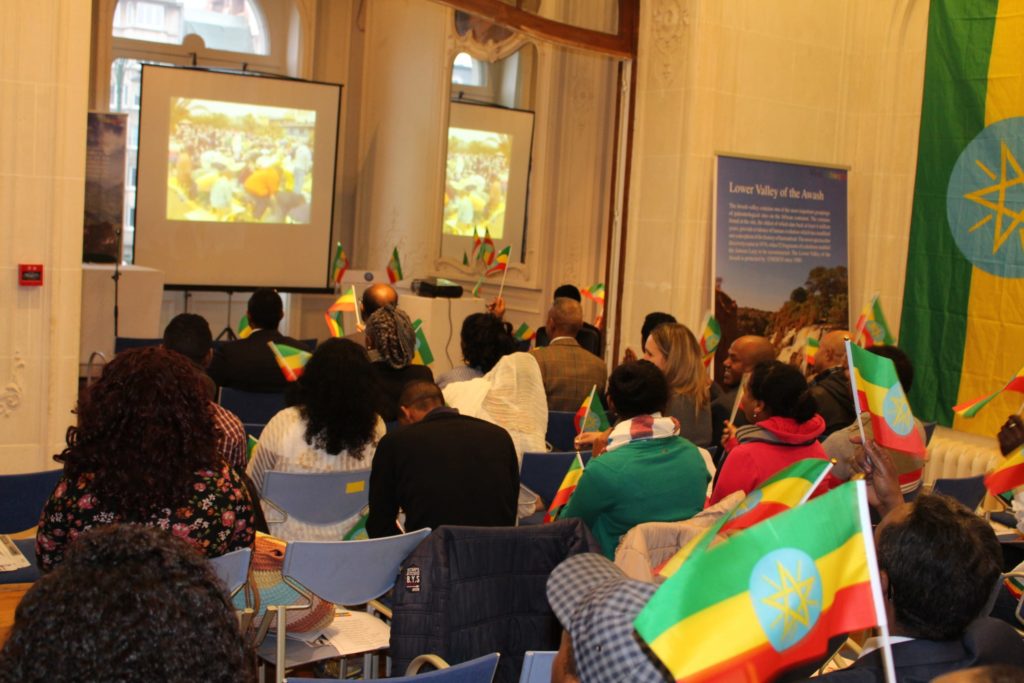
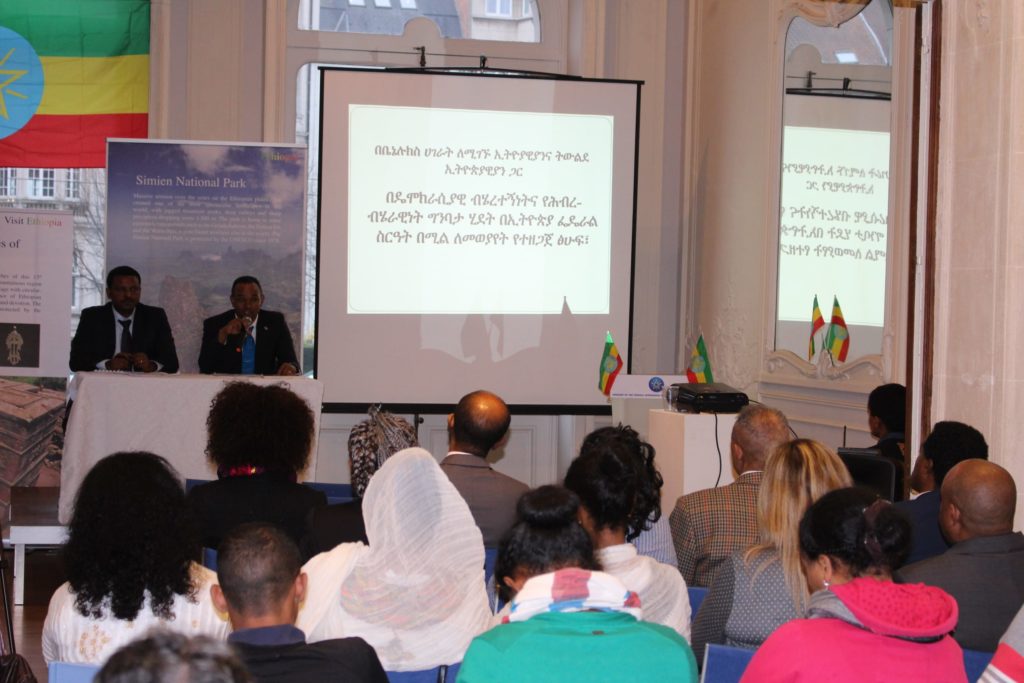
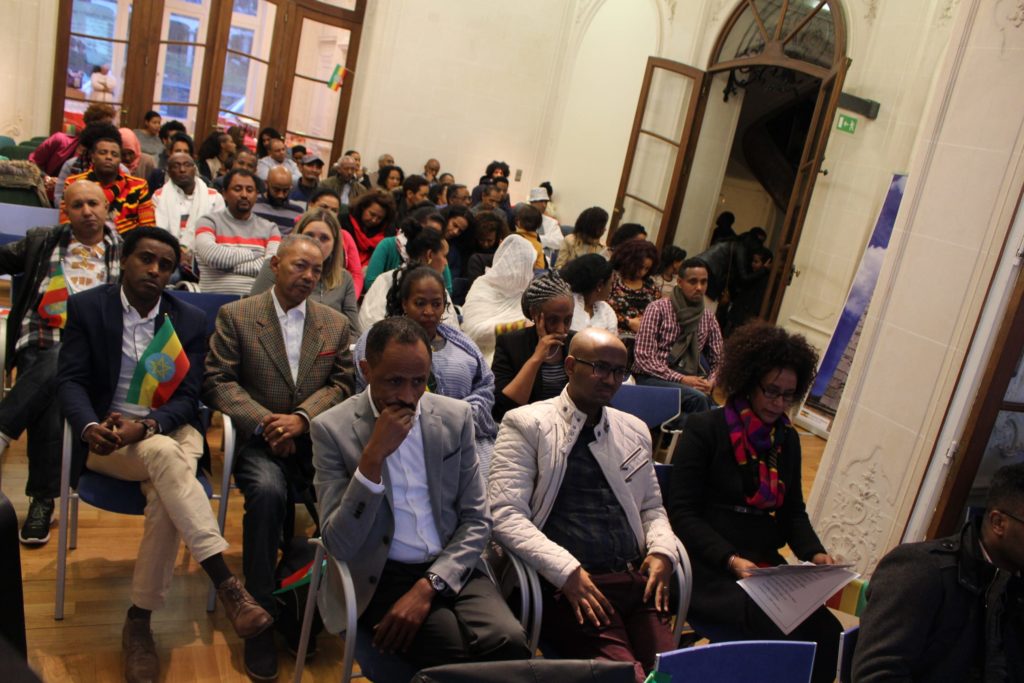
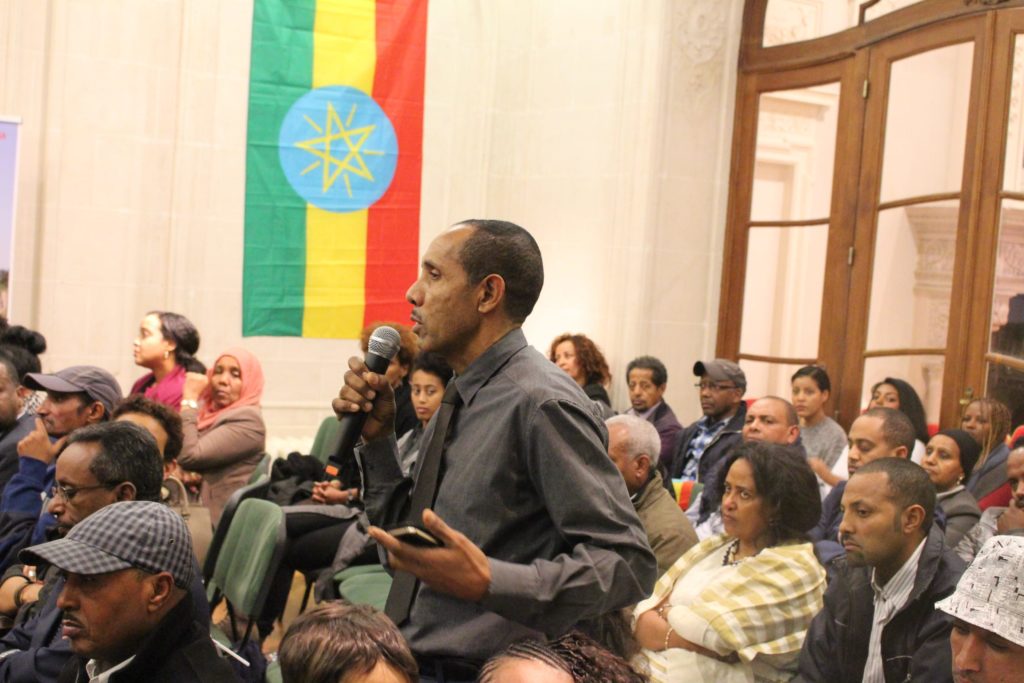
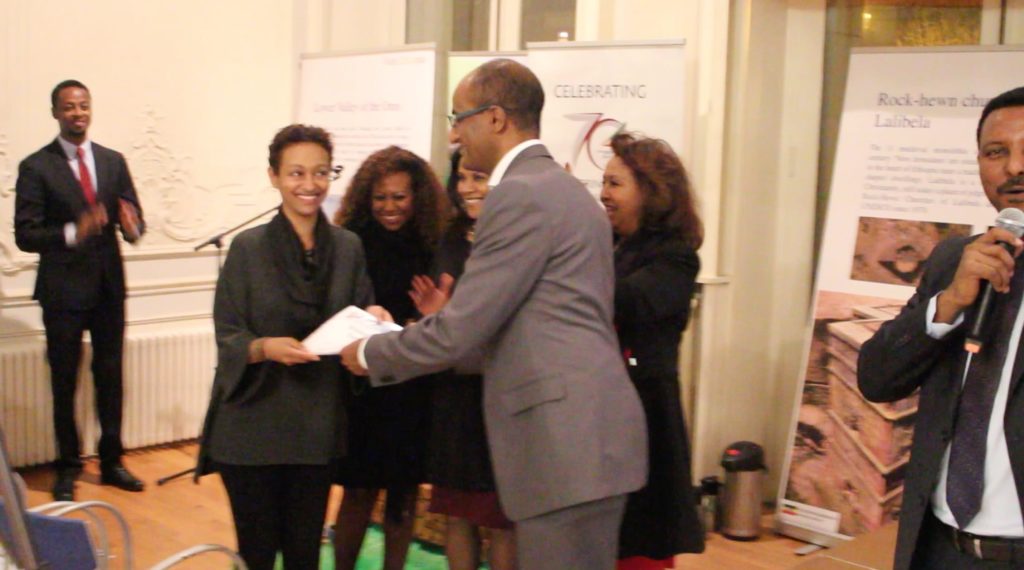
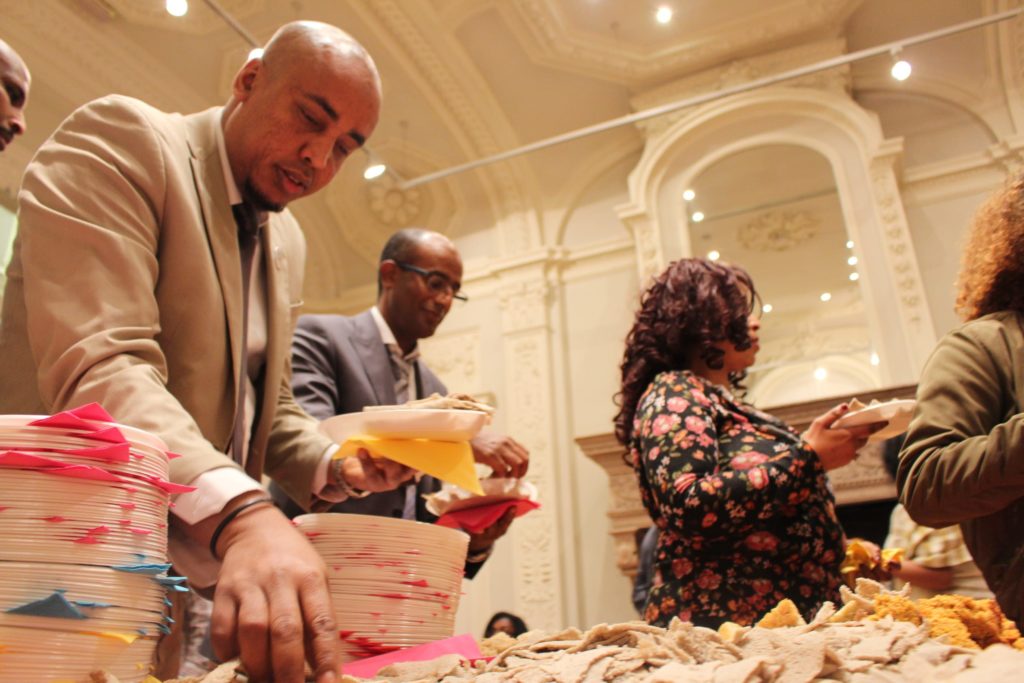
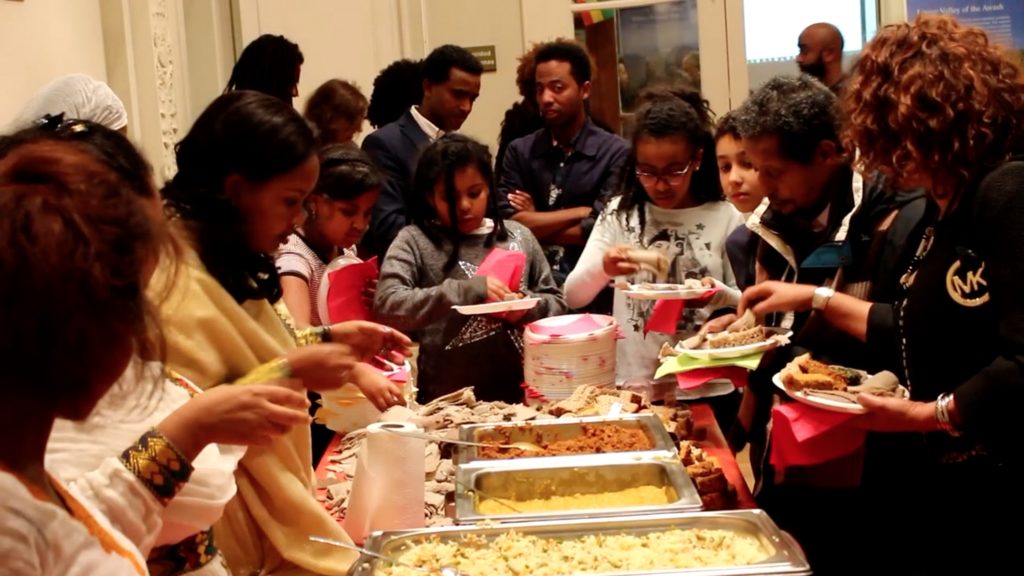
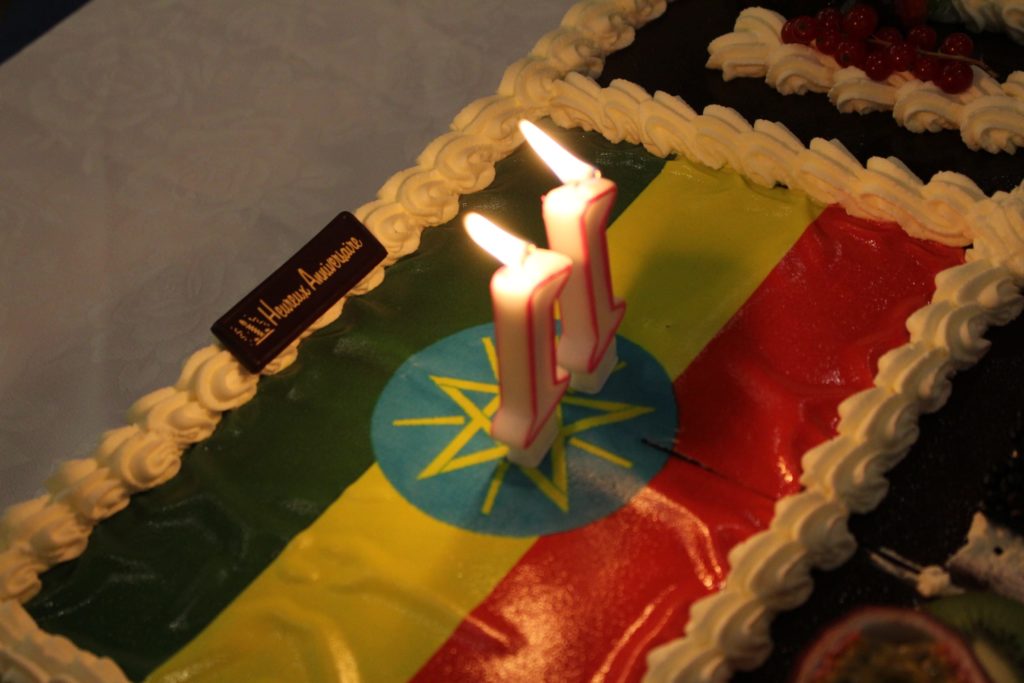
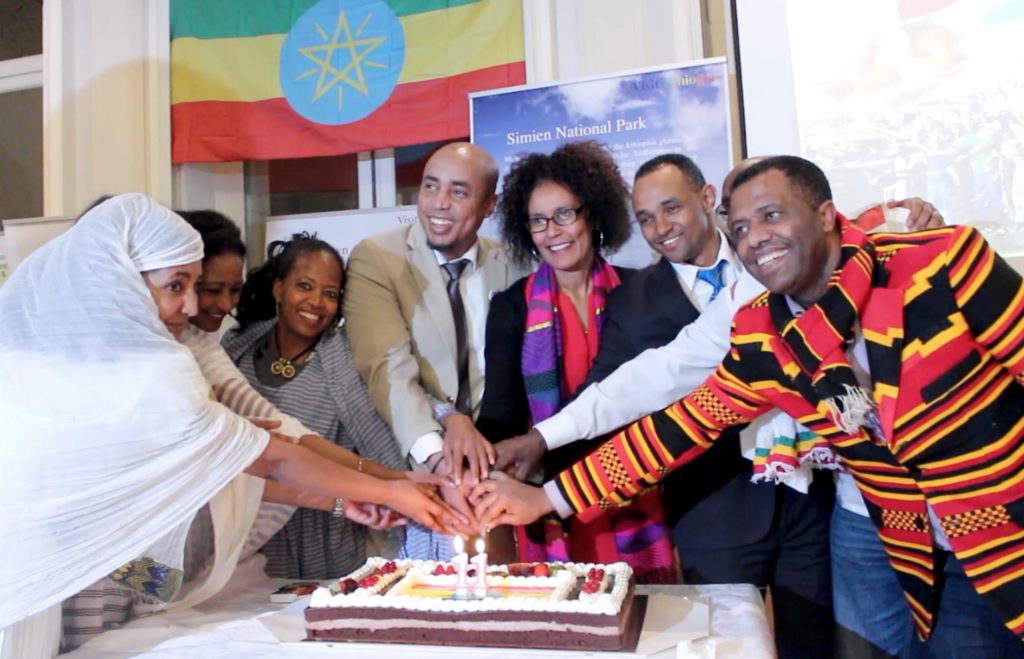
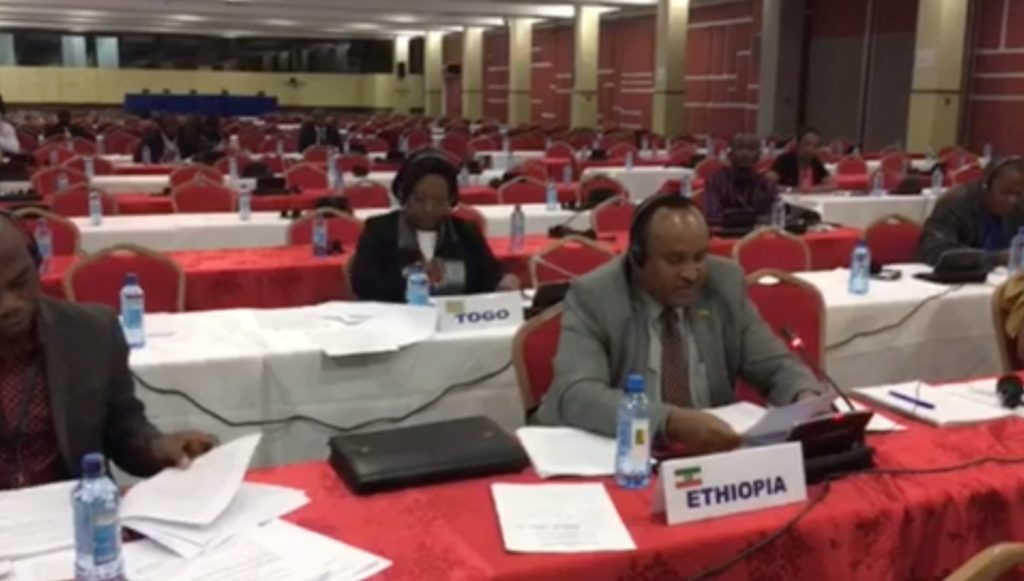
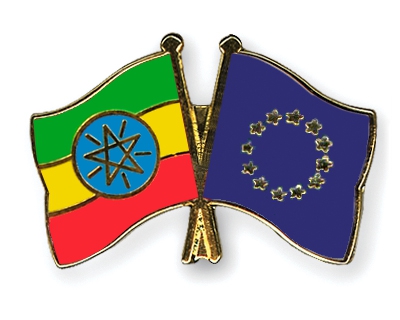
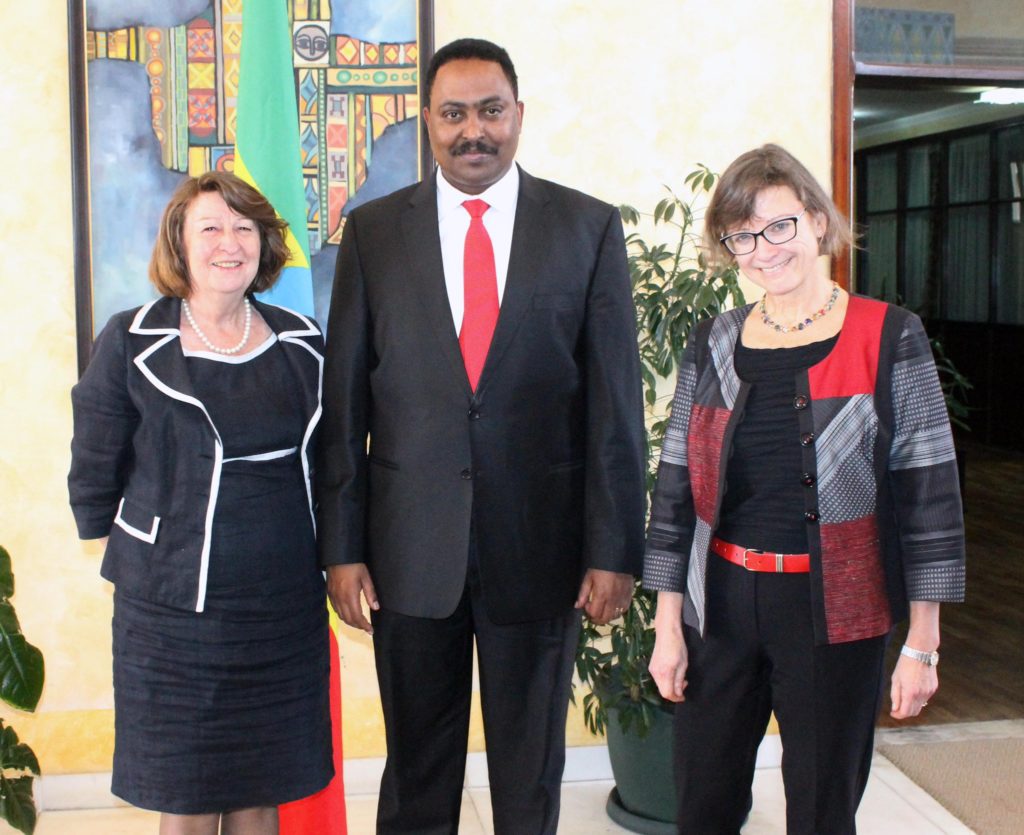



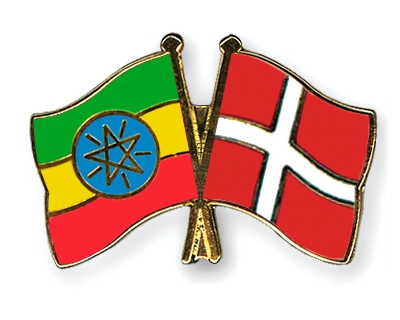

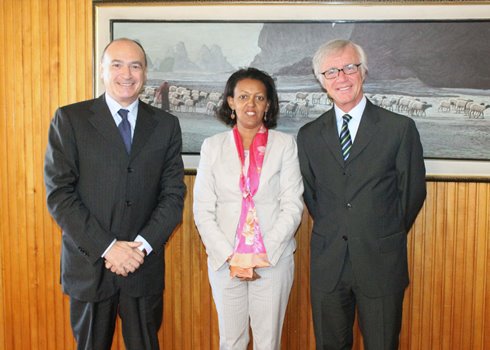 State Minister Mrs. Hirut Zemene received the newly appointed Special Envoy for the Horn of Africa at the Ministry of Foreign Affairs of the Italian Republic, Ambassador Luciano Pezzotti.
State Minister Mrs. Hirut Zemene received the newly appointed Special Envoy for the Horn of Africa at the Ministry of Foreign Affairs of the Italian Republic, Ambassador Luciano Pezzotti.